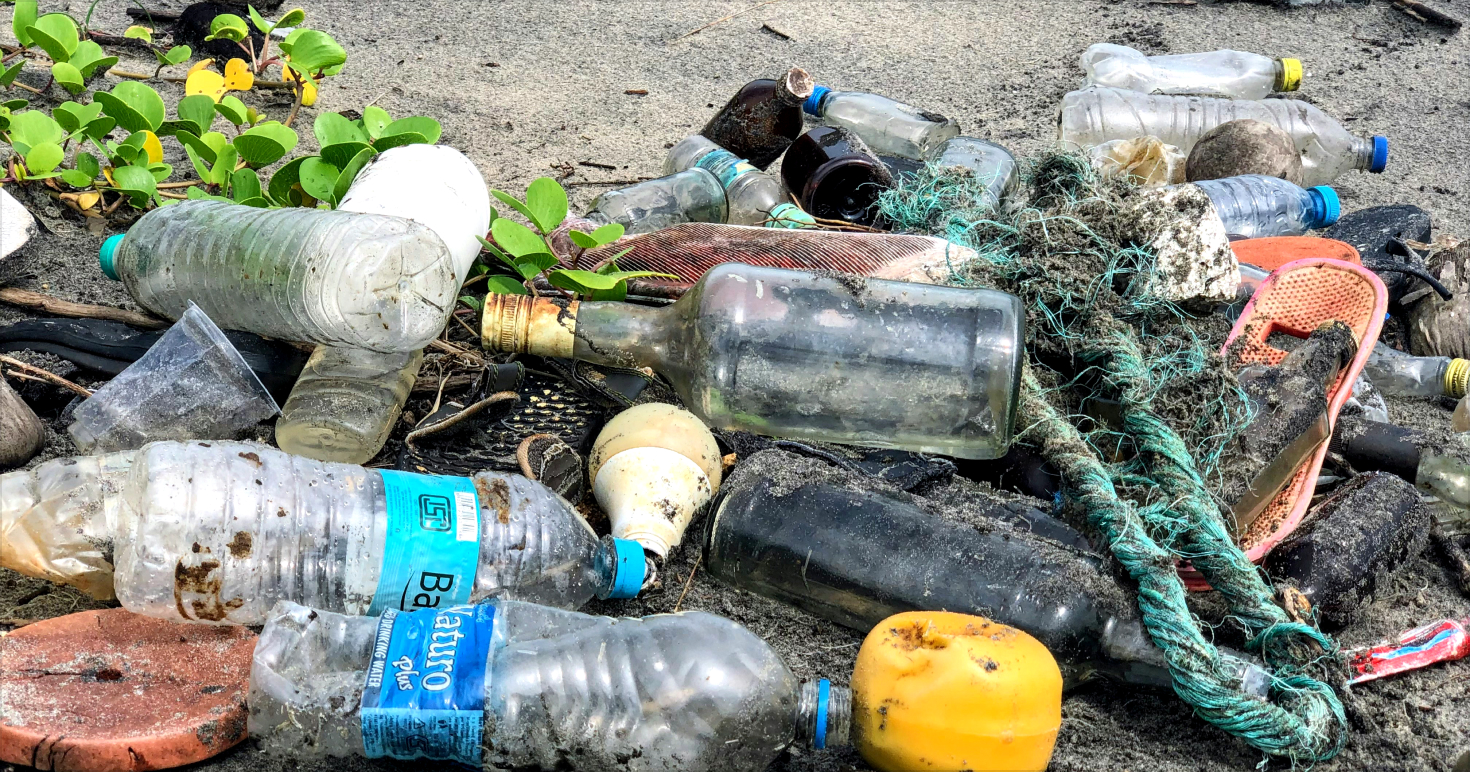

MICROPLASTICE
A Silent Threat to Human Health
Microplastics, tiny plastic particles less than 5mm in size, have become a pervasive pollutant in the world's oceans. Originating from larger plastic debris that degrades over time, as well as from products like synthetic clothing fibers, microbeads in cosmetics, and industrial processes, these minuscule particles are now found in every corner of the marine environment.
The widespread presence of microplastics in the ocean poses a severe threat to marine life. Fish, plankton, and other marine organisms often mistake these particles for food. Once ingested, microplastics can cause physical harm, induce toxic effects, and transfer harmful chemicals up the food chain. This phenomenon, known as bioaccumulation, leads to higher concentrations of toxic substances in larger predators, including humans who consume seafood.

Human health is intricately linked to the proliferation of microplastics in the ocean. When humans consume seafood contaminated with microplastics, they ingest these tiny particles and the harmful chemicals they carry, such as phthalates, bisphenol A (BPA), and persistent organic pollutants (POPs). These substances have been linked to various health issues, including endocrine disruption, reproductive harm, and an increased risk of certain cancers. Moreover, studies have found microplastics in human tissues and organs, raising concerns about their long-term effects on human health.
The presence of microplastics in drinking water and other food sources further exacerbates the problem. Research has shown that bottled water, tap water, and even table salt can contain microplastic particles. As a result, exposure to microplastics is becoming nearly unavoidable, making it an urgent public health concern.
Addressing the issue of microplastics requires a multi-faceted approach. Reducing plastic production and consumption, improving waste management systems, and promoting research on the impacts of microplastics are crucial steps. Additionally, raising public awareness about the importance of reducing plastic use and supporting policies aimed at minimizing plastic pollution can help mitigate this environmental and health crisis.
In conclusion, the pervasive presence of microplastics in the ocean and their subsequent entry into the human food chain highlights the urgent need for comprehensive action to protect both marine ecosystems and human health.

Contact MEMEDA
If you have any questions or inquiries about our company, products and solutions, or our sustainability approach, we are here to help. Please feel free to reach out!
Contact